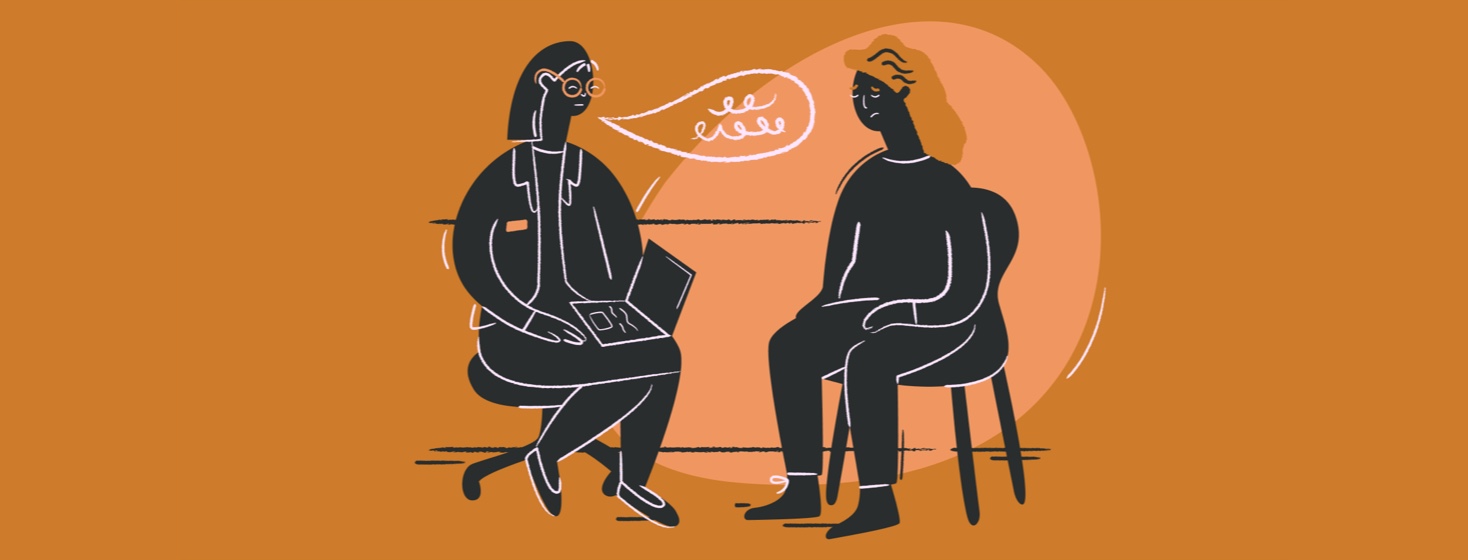Advanced Breast Cancer Diagnosis, Part 2
Before that day, I had a whole future ahead of me. Then in a few lines, it was taken from me.
My boyfriend and I stood in the parking lot of the CT lab, embracing, looking at the prognosticating report, so this was to be my future now.
Metastatic breast cancer
I knew a few things about metastatic breast cancer from the few stage IV friends I had made in some of my cancer groups, 1) "you can never be cured," and 2) "it's always terminal."
I needed to talk to my oncologist, but of course, it was her day off. However, her staff assured me she would call me first thing in the morning.
The world began to spin around me, and the air became thick. "Where to?" My boyfriend asked, trying to help. "I don't know."
We decided to go home and wait for the 9 pm MRI.
By the time I got to the hospital, my face was swollen and red from crying. I was wearing my boyfriend's oversized sweats for comfort and must have been quite the sight for security as I walked in. This was the time of Covid-19. All I wanted was to sleep during the test, which is impossible in an MRI machine. Thinking that it would soon be over kept me going.
Looking at my cell phone, it was now later than 10 pm. Trying to rub the sleep out of my eyes, I picked up the hospital line. After exchanging pleasantries, the doctor on the other end asked me if I knew I was metastatic. I told her I had figured that one out, then she said, "I think you may have a break in your spine."
"Excuse me. What?" Awake now.
She said it was not that serious of a break and looked like I had been handling the pain reasonably well until now, so it was up to me. I could either go to the ER to have my pain managed or go home and wait for instructions from my oncologist.
I really did not understand how a break in the spine could not be "that serious," what did that mean for my back? I had always heard a broken spine meant permanent nerve damage. Finally, she said it wasn't "that broken" and said I should be fine for the night.
My doctor had given me some pain meds at our last appointment, and honestly, I really just wanted the day to end. So I went home.
The following day I was awoken to the sound of my phone ringing. It was my oncologist.
"Vicki," I could hear her heart breaking over the line. I could tell she was a wreck. "I am so sorry." This was not the outcome she had intended. For the most part, she had followed all of the testing standards laid out by the American Cancer Society.1
Testing options
She gave me two options, spend the next few weeks driving around getting tests going to and from the hospital to get diagnosed before starting treatment. Or she could get me admitted through the ER right away and do all the tests right there in the hospital in the next few days so they could start treatment right away. I chose the latter.
She wanted to make it as easy as she could for me from this point out. Usually, she explained, the next two weeks would involve me going to many appointments, in and out of the hospital, which would not be possible in my condition. Hence, she thought it would be better for me to go through the ER to stay at the hospital for a few days and get all my tests done there. She would set everything up for me to get everything done there at the main hospital. Then they could find out what was going on with my back.
Editor's note: In her previous article, Diagnosis Part I, Vicki talks about the symptoms she was experiencing as a result of her breast cancer recurrence and ultimately leading to a metastatic breast cancer diagnosis.
Check out part 3 here.
Editor's Note: We are extremely saddened to say that on September 6, 2023, Vicki Thompson passed away. Vicki's advocacy efforts and writing continue to reach many. She will be deeply missed.


Join the conversation